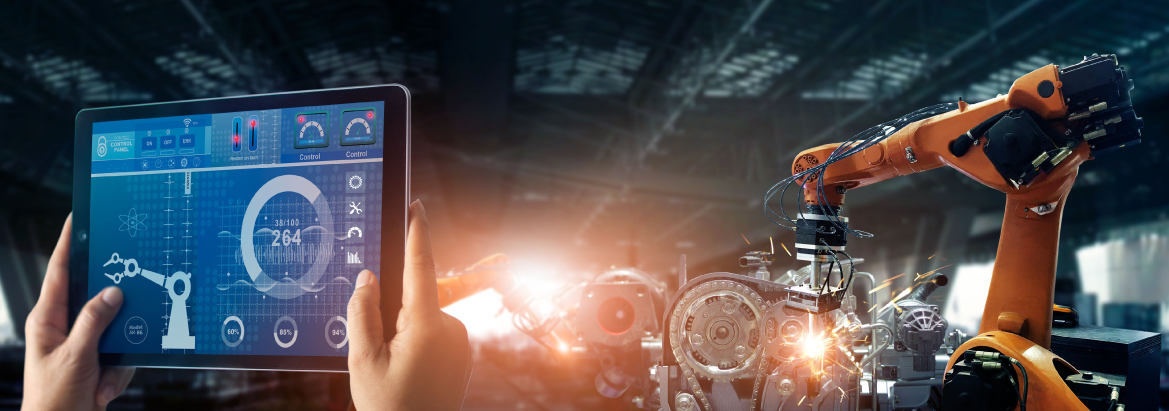What does Artificial Intelligence and the robotization of the software world hold for us in the future? We talked to Pablo Mendez Llatas, our Project Manager and specialist in Artificial Intelligence.

AI (Artificial Intelligence) allows robots to carry out tasks that we do not know how to program explicitly through logical rules ("rule-based", as is done in traditional programming), it provides intelligence and predictive capacity to RPAs (robotic process automation ). Without AI, RPAs are deterministic: all their actions must follow rules designed and conceived by a human. With AI the robot can make decisions based on their experience. Currently, where the most progress has been made in AI for process automation is in computer vision, translation, automatic classification, sentiment analysis, automatic segmentation, drug design, defense,, automatic anomaly detection, organization, mass data classification, bag or shoe design, etc.
It is the latest developments in the world of software and hardware that have significantly boosted AI and robotics, not the other way around. We must emphasize that, at present, great progress has been made in the ability of machines to perform tasks that, being "easy" to learn for humans (speaking, writing, recognizing objects in images, walking, etc.) are very difficult to program as a sequence of logical rules. However, software development does not fall within the kind of "easy" problems for humans (it is a logical and creative activity that we do not perform naturally), so the applications of AI and robotization to the world of software are in their infancy and will take a long time to develop.
From the point of view of software development professionals, a training task is necessary. Data scientists are highly skilled and scarce people. However, the "democratization" of AI is making good progress, with the development of applications in which the developer can train intelligent systems with minimal knowledge (Auto-ML). For example, LCNC (Low Code-No Code) technologies have the objective that anyone can develop code without knowledge (or "almost" without programming knowledge)
For companies, the implementation of RPA systems is already a reality. With respect to AI projects, there is still a high component of ignorance and, therefore, risk. Nowadays AI development is a process based on trial and error, nobody can guarantee 100% the success of an AI project or the temporal scope (cost) of a development project of this type. An agile development life cycle should be used, with continuous evaluation and decision making to mitigate risks.
On the other hand, from a social perspective, we can highlight the forecasts of the World Economic Forum (in 2022 up to 75 million jobs that currently perform humans will be carried out by machines). Machines work 24 hours a day, don't necessarily need light to work, don't smoke or drink coffee, a new unit is ready to work in minutes (installing software), they have fewer errors than humans in simple recurring tasks, etc. This "raw" vision translates into phrases such as "productivity improvement", "cost savings", "process improvement", "better quality" "more traceability", etc.
The problem is that robotization and adaptation to AI will not be an option: in a Darwinian view of the problem, "the company that doesn't adapt will become extinct."
Pablo Méndez Llatas, project manager and specialist in Artificial Intelligence.
